The global antibody vaccines market is witnessing significant growth fueled by advancements in biotechnology, increasing demand for effective disease prevention methods, and heightened investments in research and development (R&D). This market is characterized by a diverse range of applications, including infectious diseases, oncology, and autoimmune disorders. Our report provides a comprehensive analysis of emerging procurement trends, focusing on cost-saving strategies through partnerships and collaborations, as well as the transition toward innovative delivery mechanisms. Additionally, we address future procurement challenges and emphasize the importance of digital procurement tools in accurately forecasting market needs to keep clients ahead in this dynamic landscape. Additionally, we address future procurement challenges and emphasize the importance of digital procurement tools in accurately forecasting market needs to keep clients ahead in this dynamic landscape. Strategic sourcing and procurement management play a crucial role in streamlining the procurement process for vaccine development. As competition intensifies, companies are leveraging market intelligence solutions and procure analytics to optimize their supply chain management systems. The outlook for the antibody vaccines market is promising, with several key trends and projections indicating substantial growth through 2032: Growth Drivers Recent analysis reveal that the antibody vaccines market is facing challenges related to escalating research and production costs, primarily due to increasing complexity in vaccine development and stringent regulatory requirements. To navigate these financial pressures, market reports provide detailed cost forecasts and procurement savings opportunities. This information empowers pharmaceutical companies and healthcare providers to effectively manage cost fluctuations while ensuring access to critical vaccines. By leveraging insights from these reports, stakeholders can implement strategies to mitigate expenses and optimize their procurement processes. "To stay ahead in the antibody vaccines market, companies are optimizing procurement strategies , leveraging spend analysis solutions for vendor spend analysis , and enhancing supply chain efficiency through supply market intelligence . Procurement category management and strategic sourcing are becoming vital in achieving cost-effective procurement and ensuring timely availability of essential raw materials for vaccine production." The antibody vaccines market is experiencing significant pricing fluctuations driven by rising demand for innovative therapies, increased prevalence of infectious diseases, and substantial R&D investments. The graph shows a general upward trend in pricing for Antibody vaccines, likely due to rising costs, increased complexity, and growing demand. However, there may be fluctuations influenced by economic conditions, technological advancements, and competitive dynamics. Comprehensive Price Forecast: Our analysis predicts steady growth due to advancements in biotechnology and a focus on preventive healthcare. We expect strong year-on-year growth as new vaccines enter the market, supported by ongoing clinical trials. As global health initiatives intensify, stakeholders face increased competition. Effective procurement strategies will be crucial for managing rising costs. By optimizing supply chains and negotiating favourable contracts, organizations can navigate the challenges in this dynamic market. In the antibody vaccines market, optimizing procurement strategies can lead to significant cost savings and improved efficiency. Collaborative development initiatives enable institutions to share resources, reducing financial burdens while accelerating innovation. Leveraging bulk purchasing agreements for raw materials lowers costs, and embracing open-access publishing eliminates subscription fees, enhancing research visibility. Implementing digital tools streamlines processes and boosts productivity, while data analytics optimize resource allocation and spending. Adopting energy-efficient practices cuts utility costs and outsourcing non-core functions mitigates staffing expenses. Additionally, virtual collaboration tools minimize travel costs, and aligning funding with research strengths enhances financial sustainability. Overall, these strategies foster innovation and empower companies to maximize their impact while managing budgets effectively. The antibody vaccines market is experiencing robust growth driven by rising health concerns, increased funding, and advancements in biotechnology. Demand is particularly high due to the ongoing need for innovative vaccines, supported by collaborations between research institutions, governments, and private companies. Demand Factors: Supply Factors: The image shows growing demand for Antibody Vaccines in both North America and Asia, with potential price increases and increased competition. North America: Leadership in the Antibody Vaccines Market North America, particularly the United States, is a leader in the antibody vaccines market, characterized by: North America remains a key hub Antibody Vaccines innovation and growth The supplier penetration in the Antibody Vaccines Market is substantial, with a growing number of global and regional players contributing to the development and manufacturing of antibody-based vaccines. These suppliers play a crucial role in the overall market dynamics, impacting pricing, innovation, and accessibility. The market is highly competitive, with suppliers ranging from pharmaceutical giants to specialized biotech firms focused on novel vaccine development. Currently, the supplier landscape is characterized by significant consolidation among top-tier pharmaceutical companies, which dominate the market share. However, emerging biotech companies and startups are also expanding their footprint by focusing on niche therapeutic areas and innovative vaccine technologies. Some of the key suppliers in the Antibody Vaccines Market include: Key Development: procurement category significant development Category Significant Developments Growth Trends Emerging Capabilities mRNA Technology Adoption of mRNA platforms for rapid vaccine development (e.g., COVID-19 vaccines) Accelerated vaccine development timelines Enhanced customization and adaptability of vaccines Targeted Therapies Development of monoclonal antibodies targeting specific pathogens and diseases Increased focus on personalized medicine Higher specificity and reduced side effects Regulatory Approvals Streamlined approval processes for emergency use (e.g., FDA’s Emergency Use Authorization) Quicker market entry for innovative vaccines Greater agility in responding to emerging health threats Global Collaborations Partnerships between biopharma companies and global health organizations (e.g., COVAX initiative) Expanded access to vaccines in underserved areas Enhanced resource sharing and distribution networks Sustainability Practices Focus on sustainable manufacturing processes and environmentally friendly materials Growing emphasis on corporate social responsibility Lower environmental impact of vaccine production Procurement Attribute/Metric Details Market Sizing The antibody vaccines market is projected to grow from USD 6.45 billion in 2024 to USD 50 billion by 2032, with a CAGR of 8.5% (2024-2032). Procurement Technology Adoption Rate 60% of healthcare organizations are integrating AI, blockchain, and automation in vaccine development and distribution processes to enhance efficiency. Top Procurement Strategies for 2024 Focus on Cold Chain Logistics, Supply Chain Risk Management, Contract Manufacturing, and Collaboration with Biopharmaceutical Companies. Procurement Process Automation 40% of vaccine production companies have automated key steps in the procurement of raw materials, logistics, and regulatory compliance processes. Procurement Challenges Key challenges include raw material shortages, regulatory approval delays, high production costs, and ensuring cold chain integrity during distribution. Key Suppliers Leading suppliers include Pfizer, Moderna, Eli Lilly, Regeneron, and Johnson & Johnson. These companies provide cutting-edge antibody vaccines and related biopharmaceutical services. Key Regions Covered North America, Europe, Asia-Pacific, and Rest of the World, with particular emphasis on the U.S., EU, China, and India due to their substantial healthcare markets. Market Drivers and Trends Growth driven by the increasing prevalence of infectious diseases, government funding, advancements in monoclonal antibody technologies, and rising demand for therapeutic vaccines. Key trends include expanded use of Ab-based vaccines and the increasing role of personalized medicine.Antibody Vaccines Market Overview
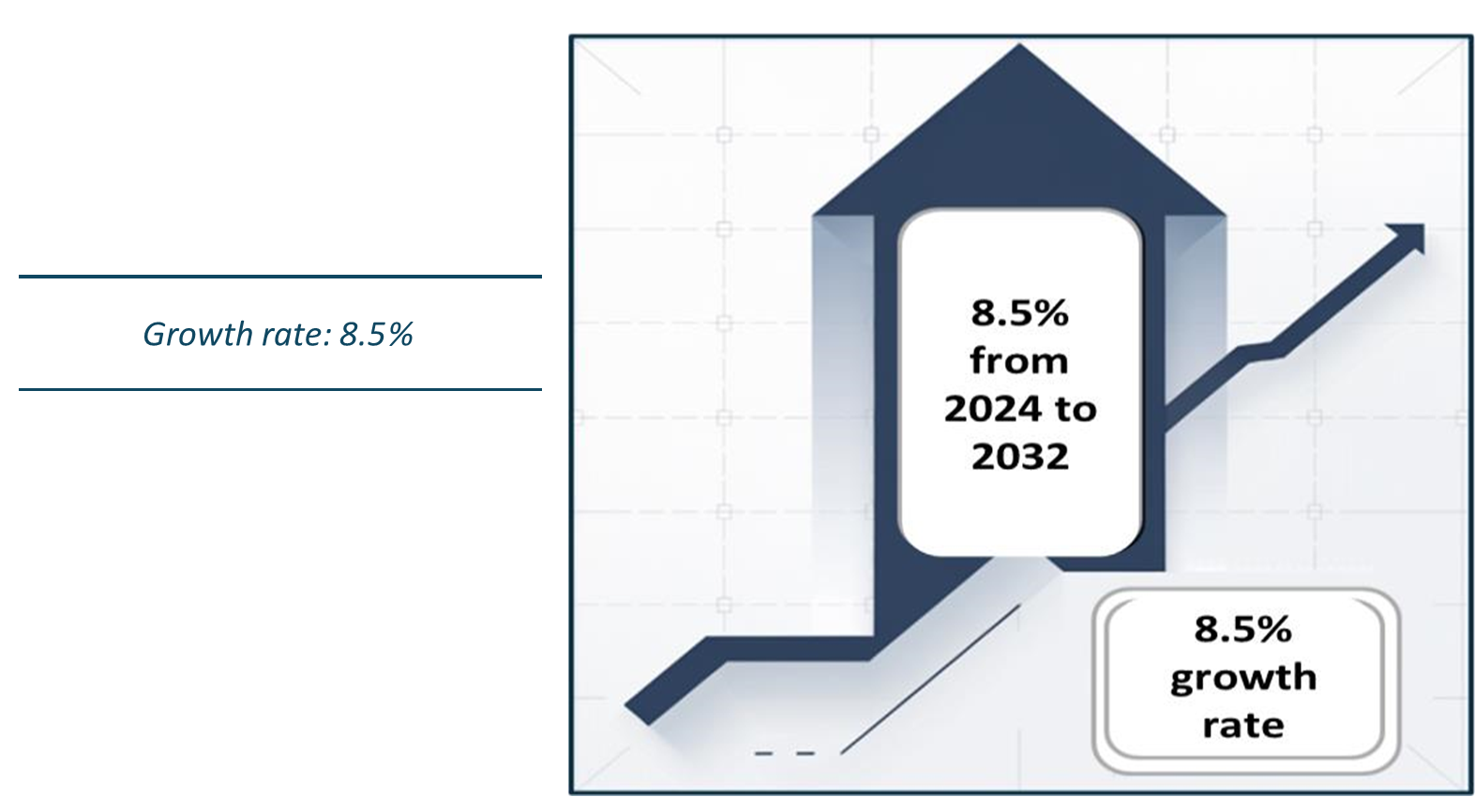
Key Trends and Sustainability Outlook
Overview of Market Intelligence Services for the Antibody Vaccines Market
Procurement Intelligence for Antibody Vaccines: Category Management and Strategic Sourcing
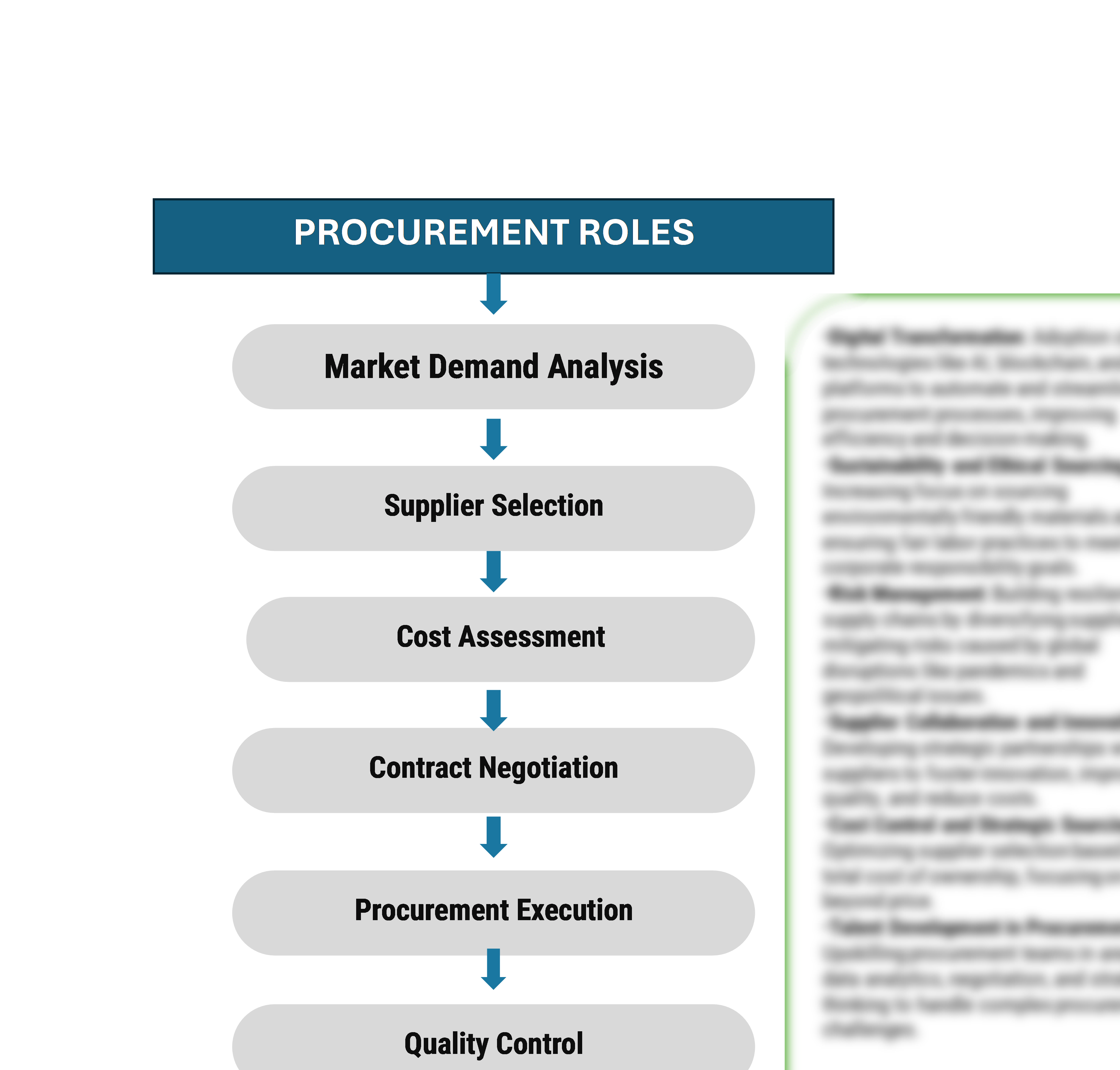
Pricing Outlook for Antibody Vaccines Market: spend analysis
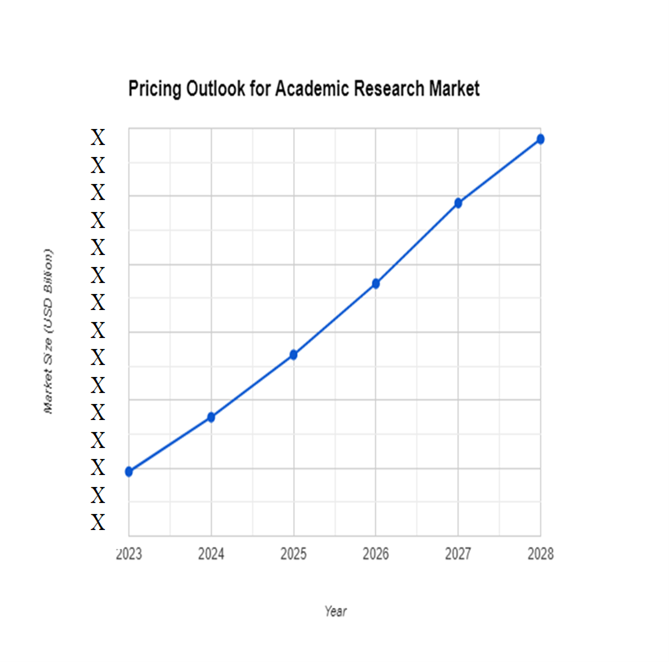
Cost Breakdown for the Antibody vaccines: Total cost of ownership TCO and cost saving opportunities

Cost saving opportunity: : Negotiation Lever and Purchasing Negotiation Strategies

Supply and Demand Overview of the Antibody Vaccines Market: Demand-Supply Dynamics and Buyer Intelligence for Effective Supplier Relationship Management (SRM)"
Demand-Supply Outlook: Antibody Vaccines
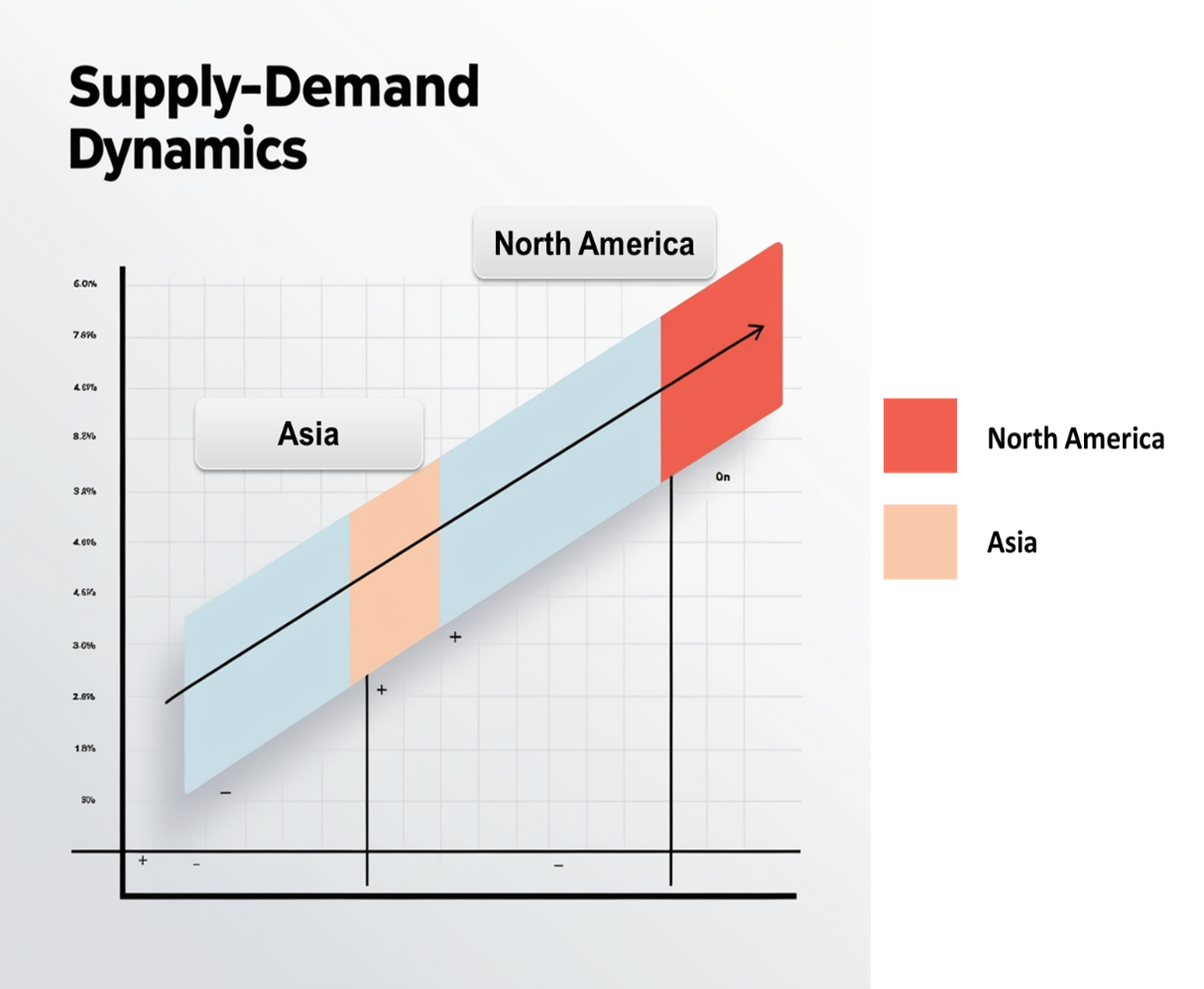
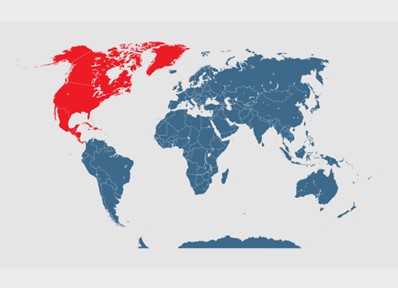
Supplier Landscape: Supplier Negotiations and Strategies
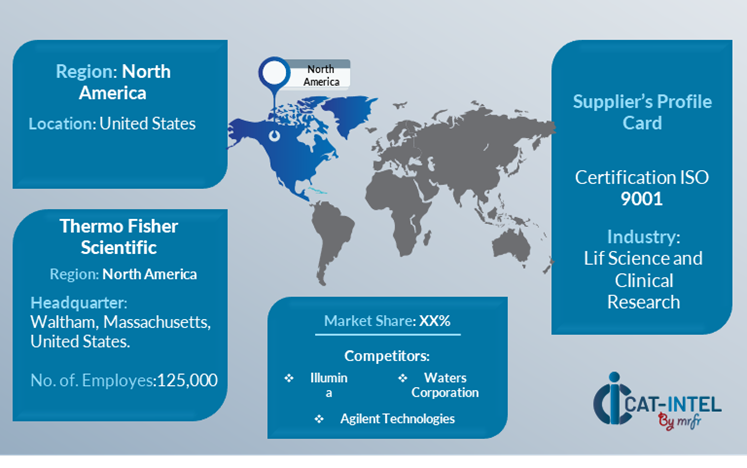
Frequently Asked Questions (FAQ):
Our procurement intelligence services offer a comprehensive analysis of the global supplier landscape, identifying key suppliers in the antibody vaccines market. We provide spend analysis, supplier performance evaluations, and market intelligence to help you source vaccines efficiently and cost-effectively.
We assist in evaluating the Total Cost of Ownership (TCO) for sourcing antibody vaccines by factoring in procurement costs, distribution costs, storage, and lifecycle management expenses. Our cost analysis services help ensure you understand the long-term financial impact of vaccine procurement.
We offer a detailed risk management framework that highlights potential supply chain disruptions, regulatory challenges, and supplier reliability. Our solutions help mitigate risks associated with sourcing and ensure a reliable supply of vaccines.
Our Supplier Relationship Management (SRM) services guide you in establishing strong partnerships with vaccine suppliers. We focus on improving collaboration, negotiating favorable terms, and ensuring consistent product quality while maintaining cost efficiency.
We provide a thorough breakdown of procurement best practices for the antibody vaccines market, including sourcing models, supplier categorization, pricing strategies, and contract management that ensure informed, strategic procurement decisions.
Digital transformation is crucial for streamlining vaccine procurement processes. We offer solutions that incorporate automation and data analytics, enabling you to track supplier performance, monitor market trends, and optimize procurement strategies in real-time.
Our supplier performance management solutions help you assess and monitor vaccine suppliers, ensuring they meet quality, delivery, and compliance standards. This enables better decision-making and supplier retention, reducing procurement risks.
We provide insights into negotiation strategies, offering support in supplier negotiations to secure favourable pricing, volume discounts, and flexible payment terms. Our data-driven approach ensures your negotiations are backed by market intelligence.
We offer advanced market analysis tools that provide insights into global trends, supplier market share, and price forecasts. This data helps in understanding market conditions, identifying opportunities, and making more informed purchasing decisions.
Our procurement solutions include guidance on regulatory compliance in the antibody vaccines market. We help you navigate complex procurement processes, ensuring that all suppliers adhere to regulatory standards and meet safety and efficacy requirements.
We offer strategies to mitigate supply chain disruptions by identifying backup suppliers, establishing contingency plans, and monitoring supply market outlooks. Our insights into the supplier landscape help you ensure a stable and continuous vaccine supply.
Through our supplier performance tracking tools, we help you monitor supplier quality, delivery timelines, and compliance. Regular supplier evaluations and performance reports provide transparency and help you optimize future procurement decisions.
We assist in identifying suppliers who implement sustainable practices in the vaccine production process. Our services include sustainability assessments, ensuring that the suppliers you choose meet your environmental and ethical standards.
Our pricing analysis services allow you to compare vaccine costs across different suppliers, ensuring you achieve competitive pricing. We analyse pricing trends, negotiation levers, and market dynamics to secure the best value for your organization.
provide an in-depth analysis of market opportunities and risks, highlighting emerging trends in vaccine development and distribution. Our insights help you stay ahead of the competition by identifying strategic procurement opportunities in the antibody vaccines market.
Table of Contents (ToC)
1. Executive Summary: Market Overview, Procurement Insights, and Negotiation Leverage
• Antibody Vaccines Market Overview
• Key Highlights
• Supply Market Outlook
• Demand Market Outlook
• Category Strategy Recommendations
• Category Opportunities and Risks
• Negotiation Leverage and Key Talking Points
• Impact of Macroeconomic Factors (e.g., COVID-19, Inflation)
2. Research Methodology: Procurement Intelligence, Market Analysis, and Spend Analysis Tools
• Definition and Scope
• Research Objectives for the Antibody Vaccines Market
• Data Sources and Approach
• Assumptions and Limitations
• Market Size Estimation and Forecast Methodology
3. Market Analysis and Category Intelligence
• Market Maturity and Trends
• Industry Outlook and Key Developments
• Drivers, Constraints, and Opportunities
• Regional Market Outlook within the Antibody Vaccines Market
• Procurement-Centric Five Forces Analysis
• Mergers and Acquisitions (M&As)
• Market Events and Innovations
4. Cost Analysis, Spend Analysis, and Pricing Insights
• Cost Structure Analysis
• Cost Drivers and Savings Opportunities
• Total Cost of Ownership (TCO) Analysis
• Pricing Analysis and Expected Savings
• Billing Rate Benchmarking
• Factors Influencing Pricing Dynamics
• Contract Pointers and SLAs
• Market Cost Performance Indicators
• Risk Assessment and Mitigation Strategies
• Spend Analytics and Cost Optimization
5. Supplier Analysis and Benchmarking
• Antibody Vaccines Supply Market Outlook
• Supply Categorization and Market Share
• Antibody Vaccines Supplier Profiles and SWOT Analysis
• Supplier Performance Benchmarking
• Supplier Performance Evaluation Metrics
• Disruptions in the Supply Market
6. Technology Trends and Innovations
• Current Industry Technology Trends
• Technological Requirements and Standards
• Impact of Digital Transformation
• Emerging Tools and Solutions
• Adoption of Standardized Industry Practices
7. Procurement Best Practices
• Sourcing Models and Strategies
• Pricing Models and Contracting Best Practices
• SLAs and Key Performance Indicators (KPIs)
• Strategic Sourcing and Supplier Negotiation Tactics
• Industry Sourcing Adoption and Benchmarks
8. Sustainability and Risk Management: Best Sustainability Practices
• Supply Chain Sustainability Assessments
• Corporate Social Responsibility (CSR) Alignment
• Risk Identification and Assessment
• Contingency Planning and Supplier Diversification
• Holistic Risk Mitigation Strategies
9. Category Strategy and Strategic Recommendations
• Market Entry Strategies
• Growth Strategies for Market Expansion
• Optimal Sourcing Strategy
• Investment Opportunities and Risk Analysis
• Supplier Innovation Scouting and Trends
• Cross-Functional Collaboration Frameworks
10. Future Market Outlook
• Emerging Market Opportunities
• Predictions for the Next Decade
• Expert Opinions and Industry Insights
11. Appendices: Procurement Glossary, Abbreviations, and Data Sources
• Glossary of Terms
• Abbreviations
• List of Figures and Tables
• References and Data Sources








